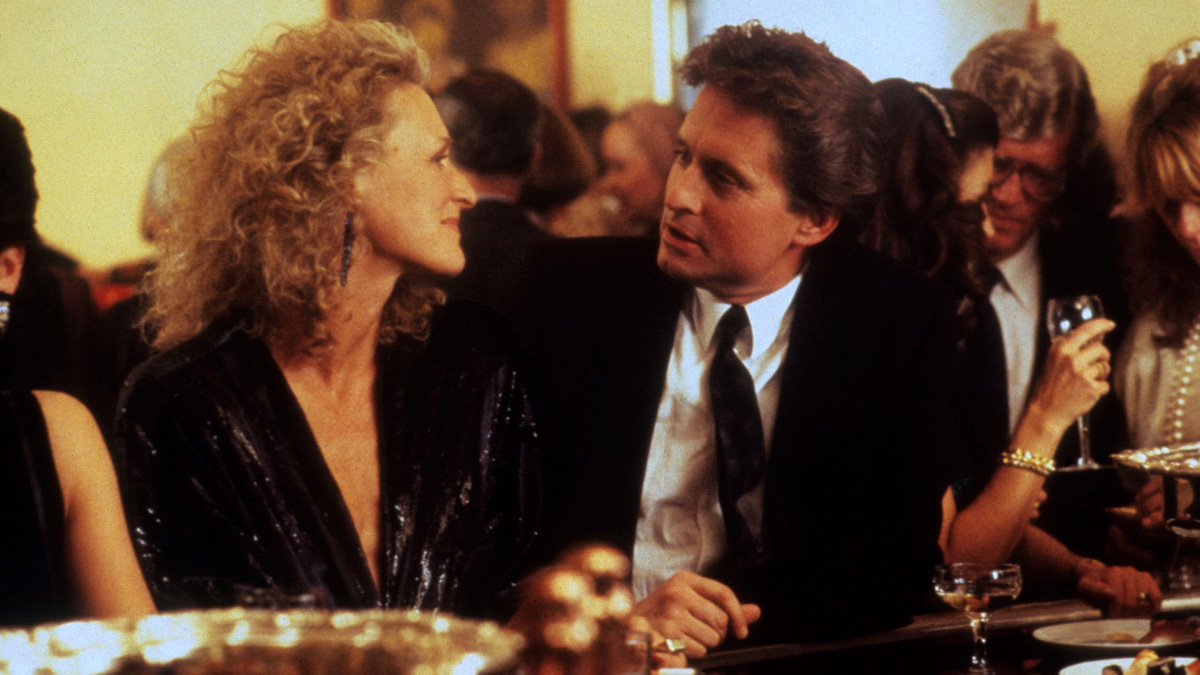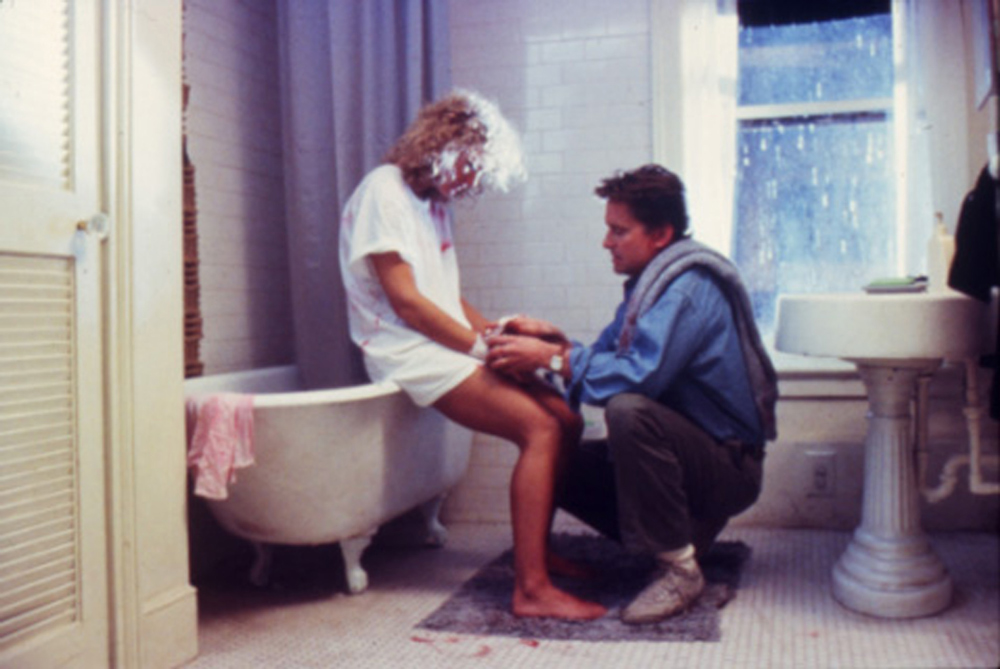
(c) Photofest / Getty Images
``Fatal Attraction'' Was the idea accepted? Was it rejected? The reason for the hit based on the ending controversy *Note! Contains spoilers.
2021.05.31
Relationship with “Madama Butterfly” that is noticeable in the alternate ending
That's the story of the released version. Fatal Attraction is a psychological thriller that depicts the price of infidelity, and it set the highest box office totals in 1987 worldwide. It was nominated for six categories at the 60th Academy Awards, including Best Picture, Director (Adrian Lyne), Best Actress (G. Close), Best Supporting Actress (A. Archer), Adapted Screenplay (J. Dearden), and Film Editing. It also received high praise from critics, who said, "It brings horror to a place where adults actually live" (Time magazine) and "Audiences will never forget the moment Adrian Lyne created a new romantic thriller" (New York Times magazine).
On the other hand, feminists have criticized the film for portraying Alex as merely a psychopath, with Pulitzer Prize-winning journalist Susan Faludi criticizing the film, saying, "Massive changes to the original plot have been made to completely deny Alex, while no discussion is given of Dan's carelessness or lack of compassion."

"Fatal Attraction" TM & Copyright (C) 1987 by Paramount Pictures Corporation. All Rights Reserved. TM, (R) & Copyright (C) 2013 by Paramount Pictures. All Rights Reserved.
So, what was the original plot that Faludi was referring to? Here we will introduce the phantom ending, which is also included in the bonus footage of the Special Collector's Edition of Fatal Attraction Attraction (DVD).
The day after the assault at Alex's apartment, a detective comes to the house and tells them that Alex was found with his throat slit with a knife, and that Dan's fingerprints were all over the handle of the murder weapon. Thus, Dan is arrested as a suspect in the murder, but is saved when a cassette tape containing Alex's suicide threat is found.
The ending rewinds time one day, and a flashback shows Alex holding a knife to her throat and slowly stabbing it down her throat, while Puccini's aria "One Fine Day" from Madame Butterfly plays in the background.
The opera-loving Alex chose to sing a famous piece of music on her deathbed, which is often quoted in the film. Madame Butterfly, the daughter of a fallen samurai, marries Pinkerton, an American naval officer, but Pinkerton returns to his home country and marries another woman. Upon learning this, Madame Butterfly leaves behind the child she has with Pinkerton and commits suicide in despair. This setting matches the position Alex finds himself in, and the film takes an even more poignant twist. Alex, who is pregnant with Dan's child, takes her own life along with that of her unborn child, overwriting her revenge by pinning the blame for the crime on Dan. However, her plan ultimately fails...
The two different endings added value to the work.

